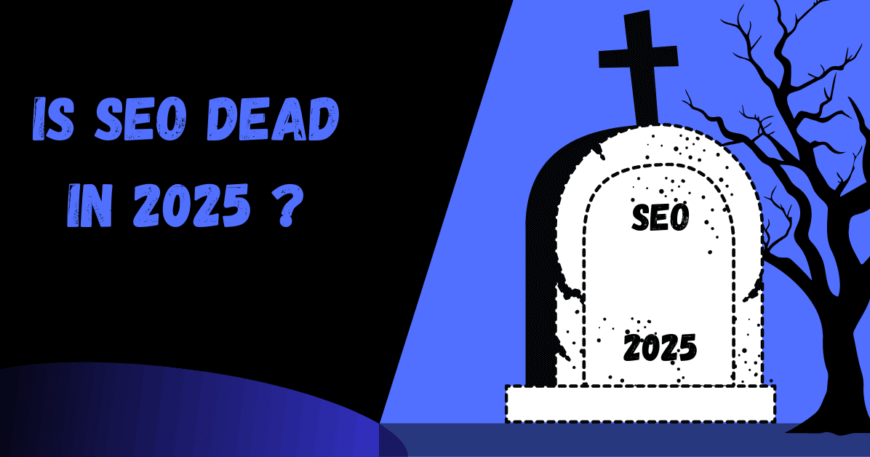Table of Contents
- Key Takeaways
- The Big Question: Is SEO Dead?
- Paid Traffic vs. Organic Traffic
- Social Media Paid vs. Organic
- Real-World Examples Showing SEO is Alive
- SEO Isn’t Dying — It’s Transforming
- Google Wants to Show Content You Actually Want
- People Search Beyond Google
- Google Prioritizes Brands
- The Power of Niches
- The Future is Personalization
- Search Intent Is King
- AI and Machine Learning Are Changing the Game
- Search Everywhere Optimization — The New SEO
- FAQs
Key Takeaways
- SEO is not dead — it’s evolving.
- Search engines are smarter, using AI and personalization.
- Paid ads can boost reach, but organic search remains essential.
- Users search across multiple platforms, not just Google.
- Future SEO is about intent, personalization, and brand authority.
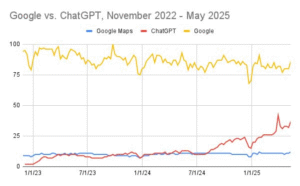
The Big Question: Is SEO Dead?
No — SEO is very much alive in the USA. What’s changed is how it works. The old keyword-stuffing, link-spamming tactics? Gone. Google now rewards relevance, user satisfaction, and trustworthiness.
In fact, over 53% of all website traffic still comes from organic search (source: BrightEdge). That means more than half of your visitors find you without clicking on ads.
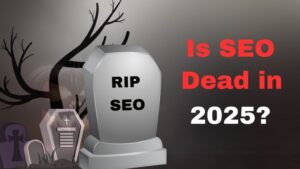
Paid Traffic vs. Organic Traffic
| Traffic Source | USA Average % | Cost |
|---|---|---|
| Paid Search Ads | 35% | High ($1–$30 CPC) |
| Organic Search | 53% | Low (SEO investment) |
| Direct Traffic | 12% | None |
Paid ads give instant results, but they stop the moment you stop paying. Organic SEO takes time, but once ranked, you get free, ongoing traffic.
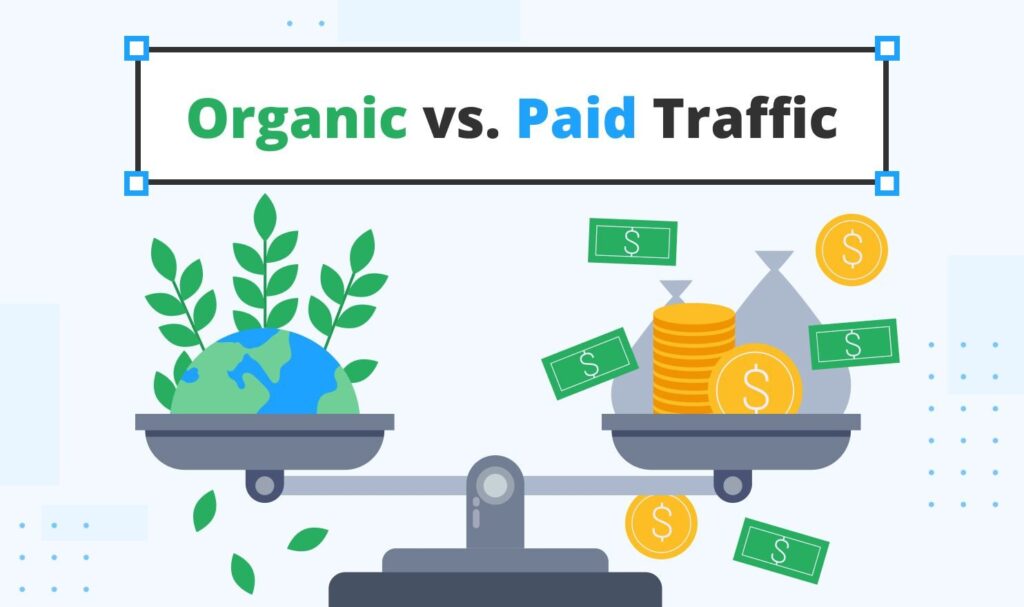
Social Media Paid vs. Organic
- Organic Social Reach has dropped due to algorithm changes.
- Paid ads on platforms like Facebook, Instagram, and TikTok guarantee reach, but organic content is still vital for building trust and brand loyalty.
Example: A viral TikTok video for a local USA coffee shop can get millions of organic views without paying a dime.
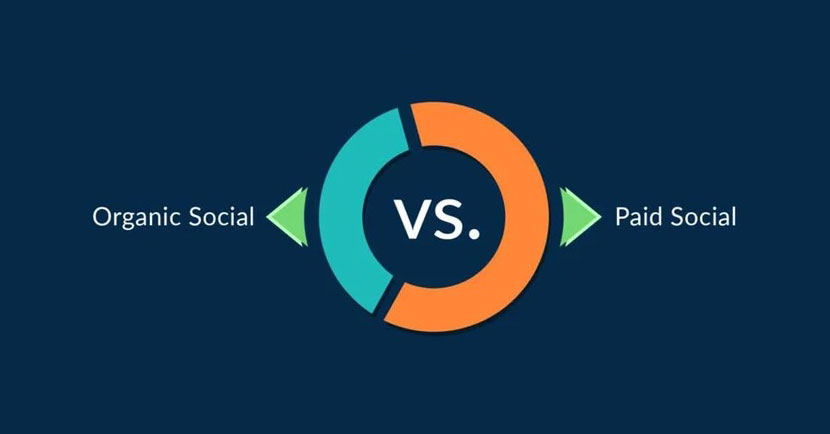
Real-World Examples Showing SEO is Alive
Local SEO: “Best pizza near me” still drives foot traffic to restaurants in cities across the USA.
E-commerce SEO: Amazon sellers optimize product titles and descriptions to rank higher.
Content SEO: Blogs answering trending questions get thousands of monthly visitors.
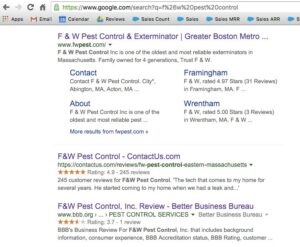
SEO Isn’t Dying — It’s Transforming
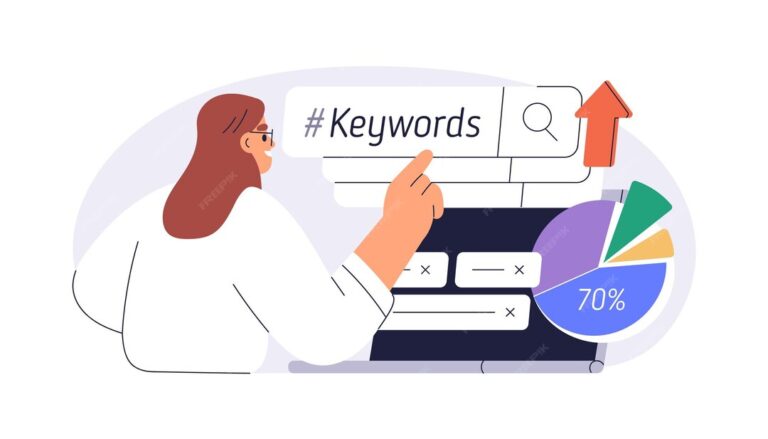
Google Wants to Show Content You Actually Want
Google’s algorithms now measure user engagement — how long people stay, click-through rate, and bounce rate — to decide rankings.
People Search Beyond Google
In the USA, people search on YouTube for how-to videos, TikTok for trends, Amazon for products, and Pinterest for ideas. SEO now means optimizing for all these platforms.
Google Prioritizes Brands
Big brands get an advantage because they have trust, backlinks, and user recognition. But small businesses can still win in niche areas.
The Power of Niches
Instead of trying to rank for “shoes,” aim for “eco-friendly running shoes in Texas” — fewer searches but higher conversion rates.
The Future is Personalization
Google tailors results based on your location, history, and preferences. Businesses should use localized and targeted content to appear in these personalized searches.
Search Intent Is King
Understanding whether a search is informational, transactional, or navigational is more important than stuffing in keywords.
AI and Machine Learning Are Changing the Game
Google uses AI (like RankBrain) to better understand context and meaning. The future of SEO will involve human creativity + AI-powered insights.
From SEO to Search Everywhere Optimization
The future of SEO is multi-channel. To succeed, you must ensure your content is discoverable wherever people are searching:
- Google Search
- TikTok Search
- YouTube Search
- Voice assistants (Alexa, Siri)
- AI-powered search tools
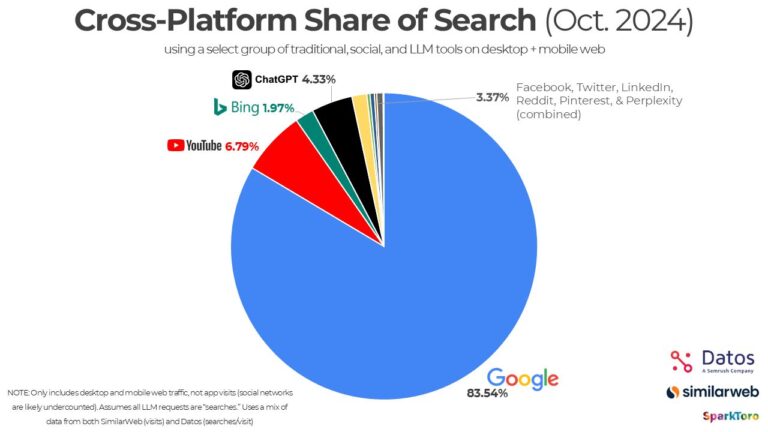
FAQs
Q1: Is SEO still worth it in 2025?
Yes. Over 50% of all website traffic in the USA comes from organic search, making it one of the highest-ROI marketing strategies.
Q2: How long does it take to see SEO results?
Typically 3–6 months for noticeable changes, depending on competition and strategy.
Q3: Why do people keep saying SEO is dead?
This phrase pops up whenever Google changes its algorithms or when new marketing platforms gain popularity. In reality, SEO is simply evolving to meet new search behaviors, technologies, and user expectations.
Q4: Is social media replacing SEO?
No. Social media complements SEO, but search engines remain the top way people discover information.
Q5: How is AI changing SEO?
AI helps search engines understand context, intent, and personalization, meaning quality and relevance are now more important than just keywords.


